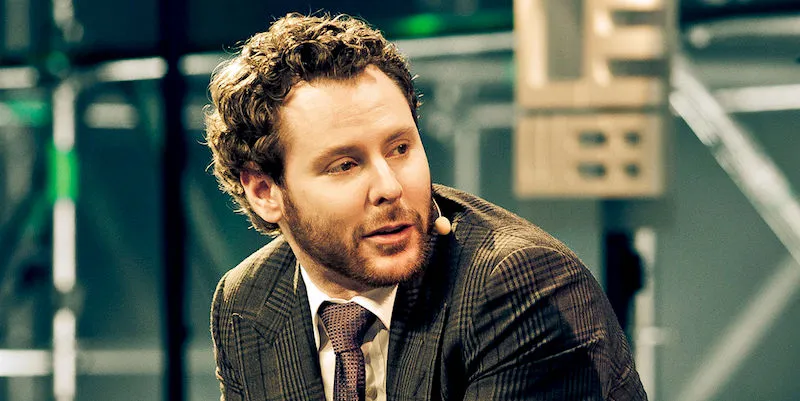With 300 scientists and 40 labs, Sean Parker of Facebook and Napster fame is planning to eradicate cancer
36-year-old billionaire Sean Parker, famous for his founding roles at Napster and Facebook, is backing an unconventional $250 million effort to attack cancer that involves persuading hundreds America’s top scientists to join forces and unify their research to help fight the dreaded disease.

The consortium, which was formally announced on Wednesday, focuses on immunotherapy, a relatively new area of research that seeks to mobilise the body’s own defence systems to fight mutant cancer cells. Many believe it represents the future of cancer therapy. More than 300 scientists working at 40 labs in six institutions — Stanford, the University of California, San Francisco, and University of California, Los Angeles, the University of Pennsylvania, MD Anderson Cancer Center and Memorial Sloan Kettering Cancer Center — have already signed on.
“Cancer immunotherapy is such an incredibly complex field, and for every answer it seems to pose 10 more questions. I’m an entrepreneur so I wish some of these questions had been answered yesterday,” Sean told The Washington Post. Sean describes the effort as a way to remove obstacles related to bureaucracy and personality that will allow scientists to borrow from each other’s labs unencumbered. The researchers will continue to be based at their home institutions but will receive additional funding and access to other resources, including specialised data scientists and genetic engineering equipment set to become part of the nonprofit Parker Institute for Cancer Immunotherapy in San Francisco.
A centralised scientific steering committee comprised of one member from each participating university will set the group’s research agenda and coordinate data collection and clinical trials across the many sites. In designing this new model, Sean has taken a page from his experience as an entrepreneur by thinking beyond early research to actual therapies that he believes could eventually benefit millions of people in the United States and abroad.
Sean first began thinking about immunotherapy in cancer more than seven years ago, when it was still considered somewhat of a fringe science. It wasn’t until about three years ago that the current project began to take shape following the death of acclaimed film producer Laura Ziskin, a friend who died of breast cancer. “She had this incredible tenacity in terms of the problem,” Sean recalled, “and became an important person in my life in terms of my thinking.” Immunotherapy is now considered among the most exciting areas of cancer research, with a growing number of cases of patients all but cured by the “miracle cells” being used as experimental drugs.
To stay updated with more positive news, please connect with us on Facebook and Twitter.







